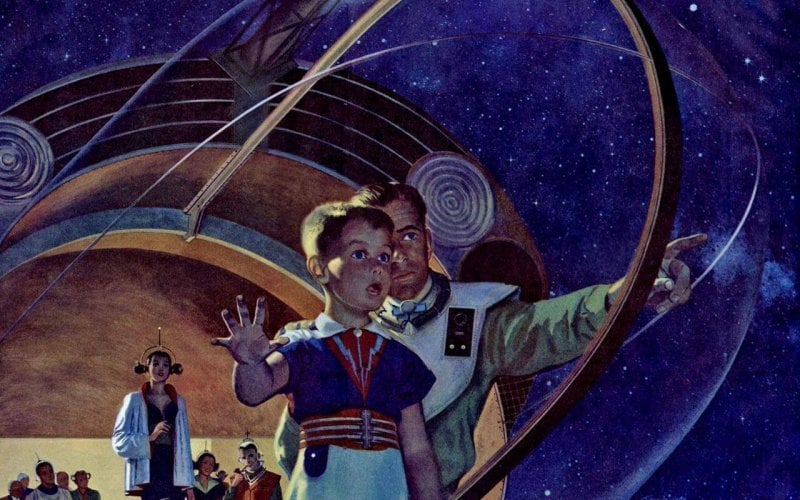As it turns out, human colonization of the harsh and exotic atmosphere on Mars (if we can achieve it) might accelerate our species’ evolution. “Given how different the martian environment is, you’d expect strong natural selection,” says Scott Solomon, an evolutionary biologist at Rice University in Houston, Texas.
Mars sits about 34 million miles (55 million kilometers) away from Earth, depending on the orbital position of both planets, and us Earthlings still face a number of obstacles before we could even reach it. But if we get to Mars and establish a colony of permanent residents, factors like comparatively higher radiation, lower gravity and a vast change in lifestyle could prompt significant evolutionary changes in human bodies — much quicker than those that have transpired on our native planet.
If humans moved back and forth from Earth and Mars as quickly as every generation or two, new influxes of Earth-born human genes moving to the martian colony could slow the effects of certain genetic mutations. Meanwhile, remaining within the vastly different conditions on Mars might speed up the pace of human evolution. “It could be hundreds of years in the right circumstances,” Solomon says.
































